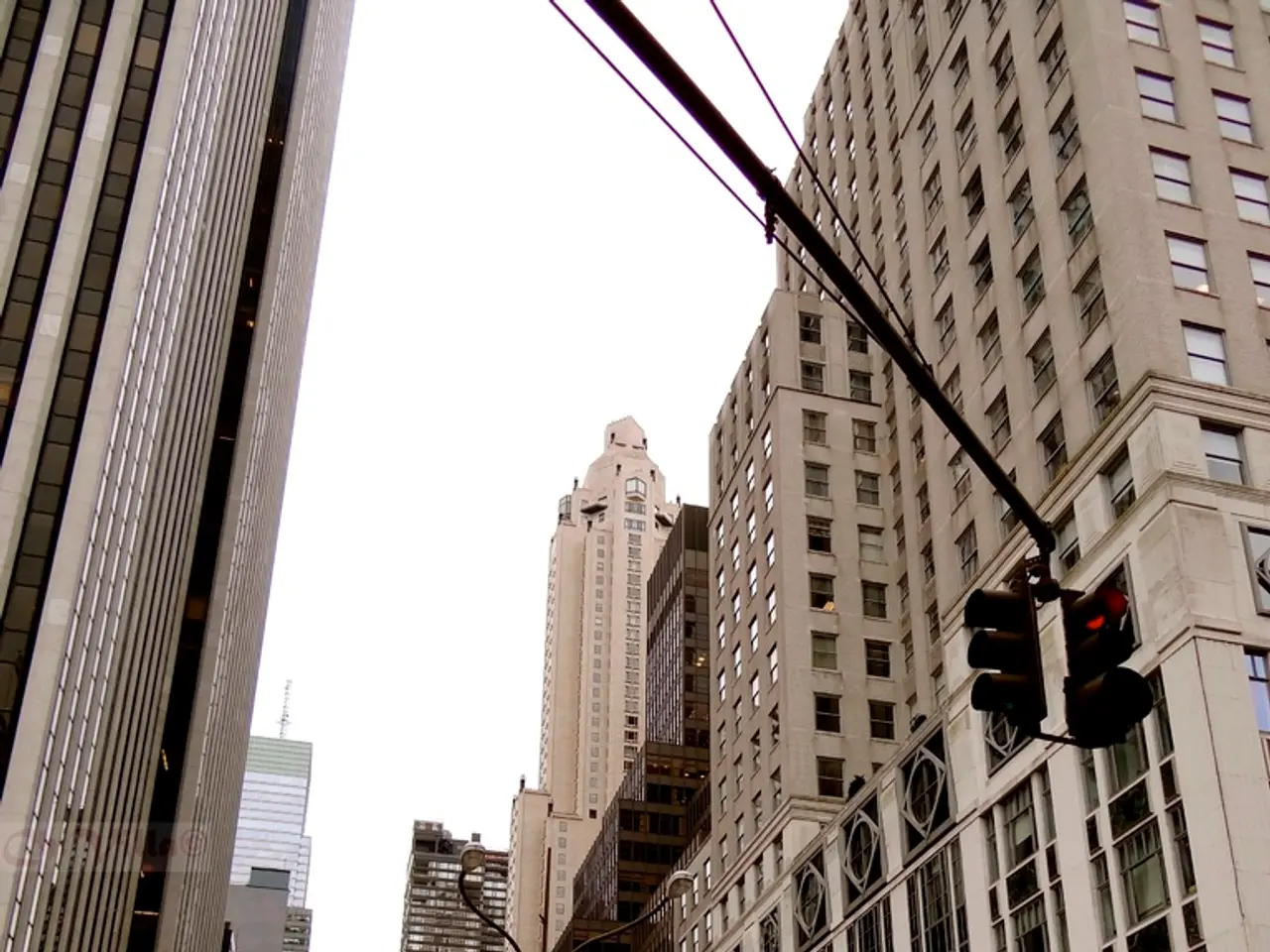Reduced mobile internet speed once more due to ongoing concerns about drone activity
In the city of Krasnodar, residents are grappling with disruptions in mobile internet and restrictions on various online services, as Russian authorities impose these measures as a precaution against potential drone attacks and to control communication channels.
The outages, which began on the evening of August 13, have affected not just messaging but also services like GPS for drivers, causing widespread complaints from residents who rely on online tools. Access to mobile internet is currently limited to 2G levels, reducing its effectiveness significantly.
Authorities claim these measures are intended to block enemies' ability to coordinate attacks on defense enterprises and public infrastructure. This is part of a broader pattern across Russia, where at least a dozen regions have restricted mobile internet access, often indefinitely.
These restrictions include targeted throttling or blocking of voice and video calls on popular messaging apps to curb secure communication that authorities accuse of lacking cooperation with law enforcement in fraud and terrorism cases. In Krasnodar, mobile signals have noticeably weakened, making it challenging for residents to carry out everyday tasks like online payments, calling taxis, and communicating with relatives and colleagues.
The official reason given by authorities for these disruptions is security concerns—notably preventing enemy coordination of attacks—while the underlying motive also includes tightening government control over secure communications and promoting state-run digital platforms. For example, Moscow’s push to promote a new government-backed messaging app (MAX) has been met with criticism, as it is argued to be designed to increase user surveillance and control over information.
Despite the challenges, authorities have stated that a full internet shutdown is not planned. Instead, mobile networks and Wi-Fi remain accessible, but restrictions are in place to protect residents and critical infrastructure. Residents are advised to take shelter in windowless rooms or in parking lots/underground passages during an emergency.
The "All Clear" signal will be given when it is safe, and operators will restore high-speed connections. Social media discussions suggest the need for a schedule of connection similar to neighboring regions to help residents plan and adapt to these disruptions.
As of August 14 morning, most mobile internet operators continue to restrict access, making daily life more difficult for the residents of Krasnodar. A drone threat was announced in Krasnodar Krai on the morning of August 14, adding to the sense of urgency surrounding these measures.
[1] https://www.bbc.com/news/world-europe-58108748 [2] https://www.reuters.com/world/europe/russia-restricts-internet-access-dozen-regions-including-moscow-2021-08-14/ [3] https://www.theguardian.com/world/2021/aug/14/russia-restricts-internet-access-in-dozen-regions-including-moscow [4] https://www.theverge.com/2021/8/14/22627786/russia-internet-shutdown-krasnodar-drone-threat-mobile-restrictions-telegram-whatsapp
Read also:
- Automobile manufacturer IM Motors reveals an extended-range powertrain akin to installing an internal combustion engine in a Tesla Model Y.
- Conflict Erupts Between Musk and Apple Over Apple Store's Neglect of Grok
- Partnership between MTN South Africa and SANTACO aims to advanced transportation systems and stimulate economic opportunities for the masses in South Africa.
- Rapid Construction of Rajasthan's 435 Megawatt Solar Power Plant in Eight Months Reduces Carbon Dioxide Emissions by Over 700,000 Tons




